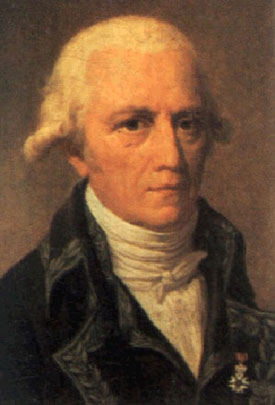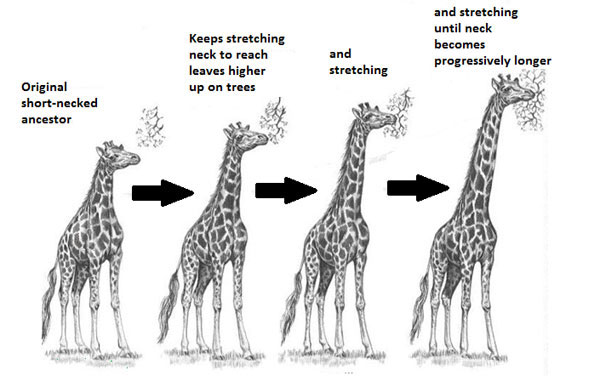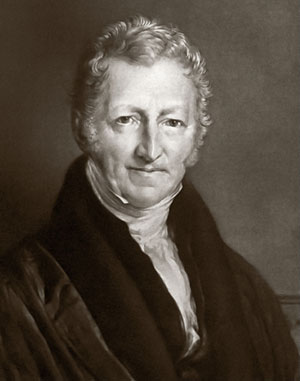

Charles Darwin was not the first scientist to propose ideas about species changing over time.
A French scientist named Jean Baptise Lamarck proposed two of the first hypotheses about evolution.
Lamarck hypothesized that organisms could change or acquire traits by selectively using or not using different parts of their bodies. He also proposed that individuals could pass these acquired traits on to their offspring, thus enabling species to change over time. His ideas are referred to as evolution by acquired characteristics.
According to Lamarck, all organisms are born with a desire to become more complex and perfect. They can change and acquire features that help them live more successfully in their environments. He thought that organisms could alter the shape or size of their organs by using their bodies in different ways. For example, he thought giraffe's necks stretched as they reached for higher leaves.

Today we know that Lamarck's hypotheses were incorrect in several ways. For one thing, organisms are not born with an internal drive to become perfect. We also know that traits acquired by individuals during their lifetime cannot be passed to offspring. For example, if a mother increased her muscle mass through exercise, she would not pass that muscle mass on to her child.
Even though Lamarck's ideas were wrong, he was one of the first people to explain evolution in terms of science using a natural process and recognize a connection between an organism's environment and its body structure.

In 1798, an English economist named Thomas Malthus noted that humans were being born faster than people were dying; resulting in overcrowding. Malthus hypothesized that if the human population kept growing at this rate, there would not be enough living space and food for everyone. He did suggest that there were forces that slowed down population growth such as famine, disease and war.
Darwin realized that Malthus's reasoning applied to all organisms, not just humans. For example, a fish can produce thousands of eggs. Most offspring die before reaching maturity, and only a few of those that survive manage to reproduce. If all the offspring survived over many generations, they would overrun their environment. This realization convinced Darwin that species evolved. He wondered then why some individuals survived and reproduced and others did not. He called this idea "survival of the fittest."
Darwin then proposed his idea of evolution by natural selection.
Sources for images used in this section as they appear, top to bottom